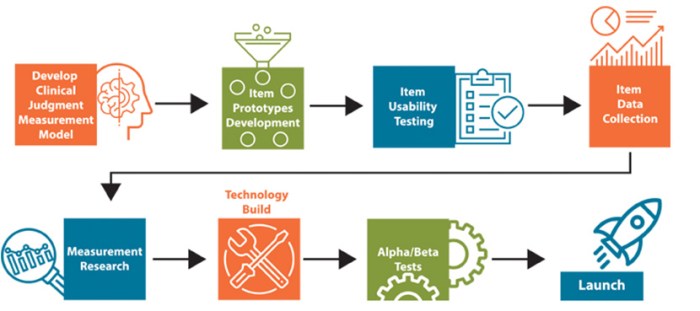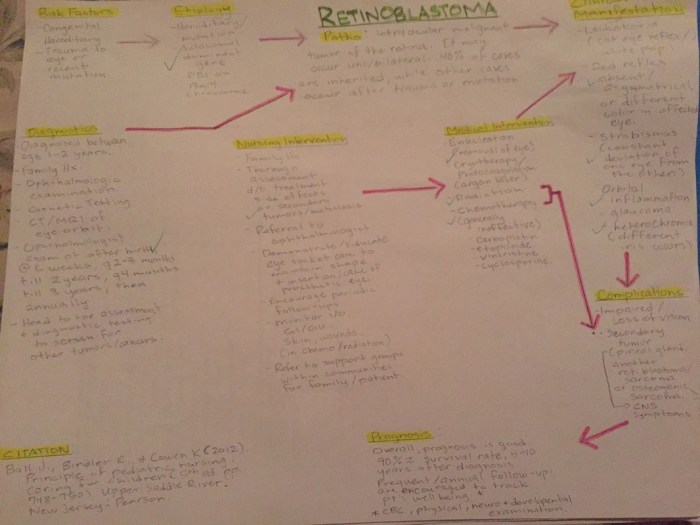RN 3.0 Clinical Judgement Practice 3, an advanced approach to nursing care, empowers nurses with the knowledge and skills to make informed clinical decisions, leading to improved patient outcomes. This innovative practice incorporates evidence-based research, critical thinking, and collaboration to provide personalized and effective healthcare interventions.
By integrating key components such as assessment, analysis, planning, implementation, and evaluation, RN 3.0 Clinical Judgement Practice 3 fosters a systematic and holistic approach to patient care. Nurses engage in continuous learning and professional development to refine their clinical judgment and stay abreast of the latest advancements in healthcare.
1. Overview of RN 3.0 Clinical Judgement Practice

RN 3.0 Clinical Judgement Practice is a systematic and evidence-based approach to clinical decision-making that empowers nurses to provide safe and effective care. It integrates the latest research, clinical guidelines, and patient preferences to ensure that nurses make informed and responsible decisions.
Examples of RN 3.0 Clinical Judgement Practice in healthcare settings include:
- Assessing and prioritizing patient needs
- Developing and implementing individualized care plans
- Evaluating the effectiveness of interventions
- Collaborating with other healthcare professionals
2. Key Components of RN 3.0 Clinical Judgement Practice
The key components of RN 3.0 Clinical Judgement Practice include:
- Critical thinking:The ability to analyze information, identify problems, and develop solutions.
- Clinical knowledge:A deep understanding of medical conditions, treatments, and nursing interventions.
- Experience:Practical knowledge and skills gained through patient care.
- Interpersonal skills:The ability to communicate effectively with patients, families, and other healthcare professionals.
These components are interrelated and essential for effective clinical judgement.
3. Benefits of RN 3.0 Clinical Judgement Practice: Rn 3.0 Clinical Judgement Practice 3
Implementing RN 3.0 Clinical Judgement Practice has several benefits, including:
- Improved patient outcomes:Nurses who use RN 3.0 Clinical Judgement Practice are more likely to make accurate diagnoses, prescribe appropriate treatments, and prevent complications.
- Reduced healthcare costs:By making more informed decisions, nurses can reduce unnecessary tests and procedures, which can save money.
- Increased nurse satisfaction:Nurses who use RN 3.0 Clinical Judgement Practice report higher levels of job satisfaction because they feel more confident in their ability to provide safe and effective care.
4. Challenges in Implementing RN 3.0 Clinical Judgement Practice

There are some challenges in implementing RN 3.0 Clinical Judgement Practice, including:
- Lack of training:Many nurses do not receive adequate training in RN 3.0 Clinical Judgement Practice.
- Resistance to change:Some nurses may be resistant to changing their practice methods.
- Lack of support:Nurses may not have the support they need from their colleagues or supervisors to implement RN 3.0 Clinical Judgement Practice.
Strategies for overcoming these challenges include:
- Providing training and education on RN 3.0 Clinical Judgement Practice.
- Encouraging nurses to share their experiences and best practices.
- Providing support to nurses who are implementing RN 3.0 Clinical Judgement Practice.
5. The Role of Technology in Supporting RN 3.0 Clinical Judgement Practice

Technology can play a vital role in supporting RN 3.0 Clinical Judgement Practice by providing nurses with access to:
- Clinical decision support tools:These tools can help nurses make more informed decisions by providing them with evidence-based information about medical conditions, treatments, and nursing interventions.
- Electronic health records:These records can give nurses a complete view of a patient’s medical history, which can help them make more informed decisions about care.
- Telemedicine:This technology allows nurses to provide care to patients remotely, which can improve access to care for patients in rural or underserved areas.
6. Future Directions for RN 3.0 Clinical Judgement Practice
The future of RN 3.0 Clinical Judgement Practice is bright. As technology continues to advance, nurses will have access to even more tools and resources to support their clinical judgement. In addition, research is ongoing to develop new and innovative ways to teach and assess RN 3.0 Clinical Judgement Practice.
Areas for further research and innovation include:
- Developing new clinical decision support tools.
- Improving the usability of electronic health records.
- Exploring the use of artificial intelligence in RN 3.0 Clinical Judgement Practice.
General Inquiries
What are the key benefits of RN 3.0 Clinical Judgement Practice 3?
Improved patient outcomes, enhanced nurse autonomy, reduced healthcare costs, and increased patient satisfaction.
What are the challenges associated with implementing RN 3.0 Clinical Judgement Practice 3?
Resistance to change, lack of resources, and inadequate training.
How can technology support RN 3.0 Clinical Judgement Practice 3?
By providing access to real-time data, facilitating collaboration, and automating administrative tasks.